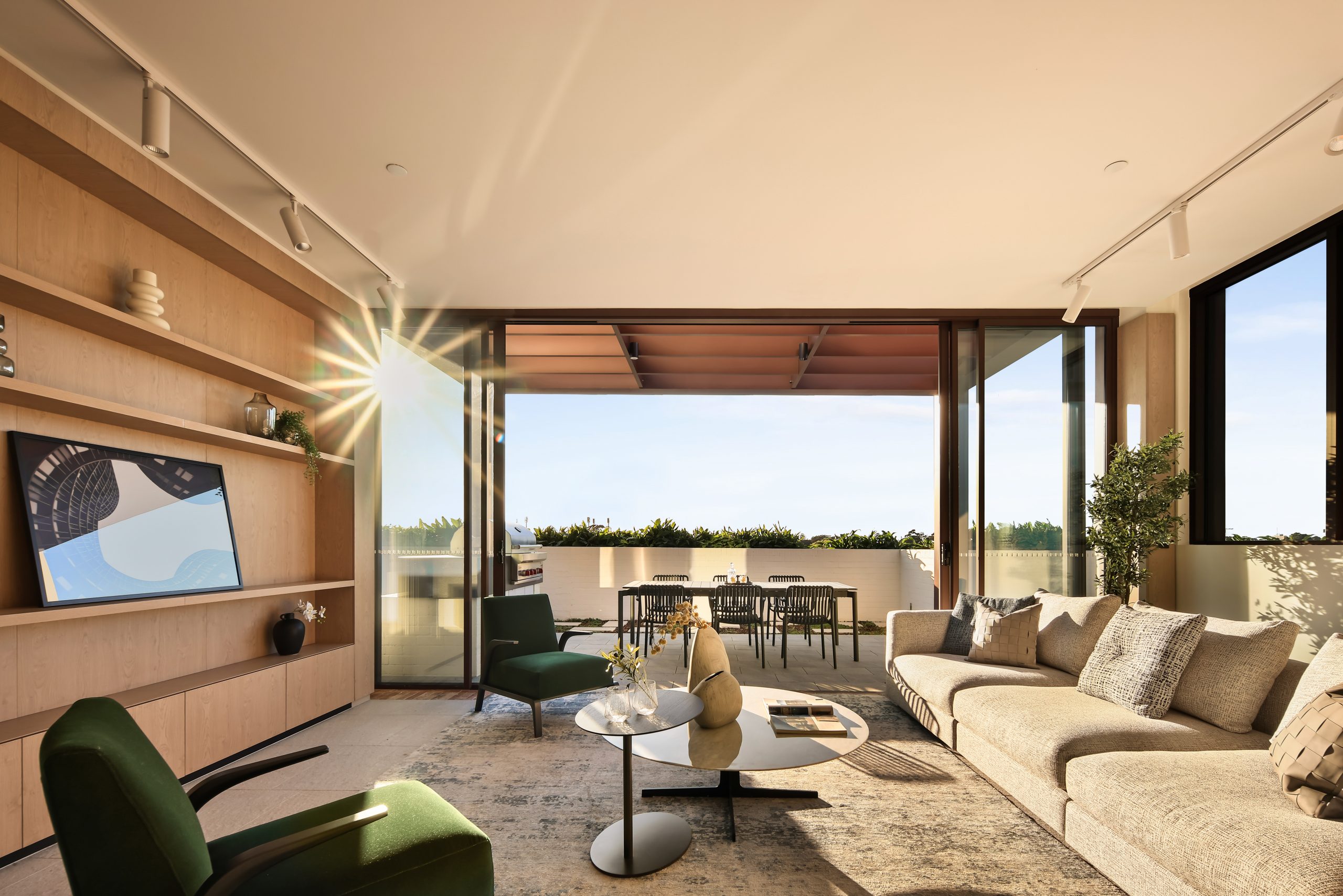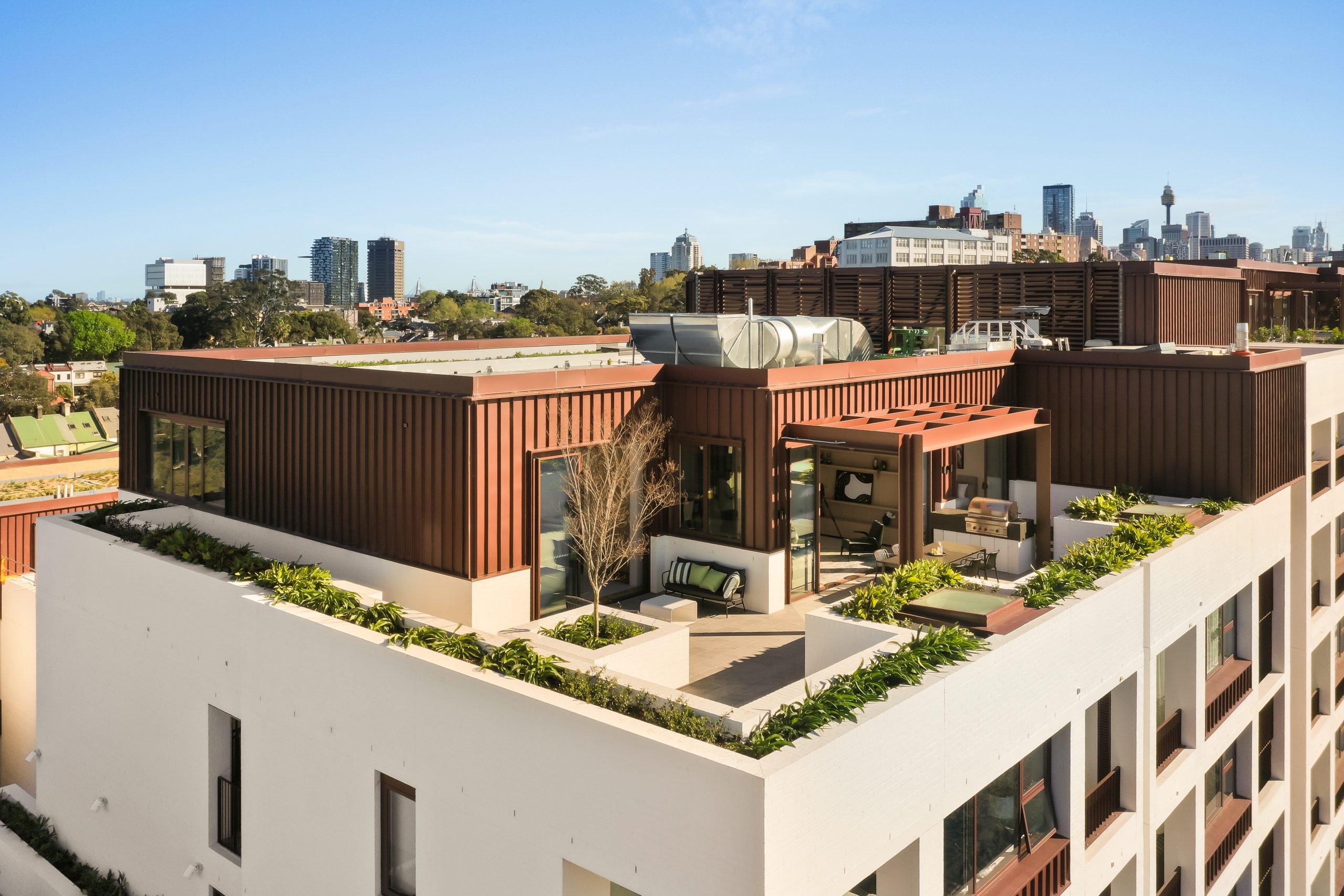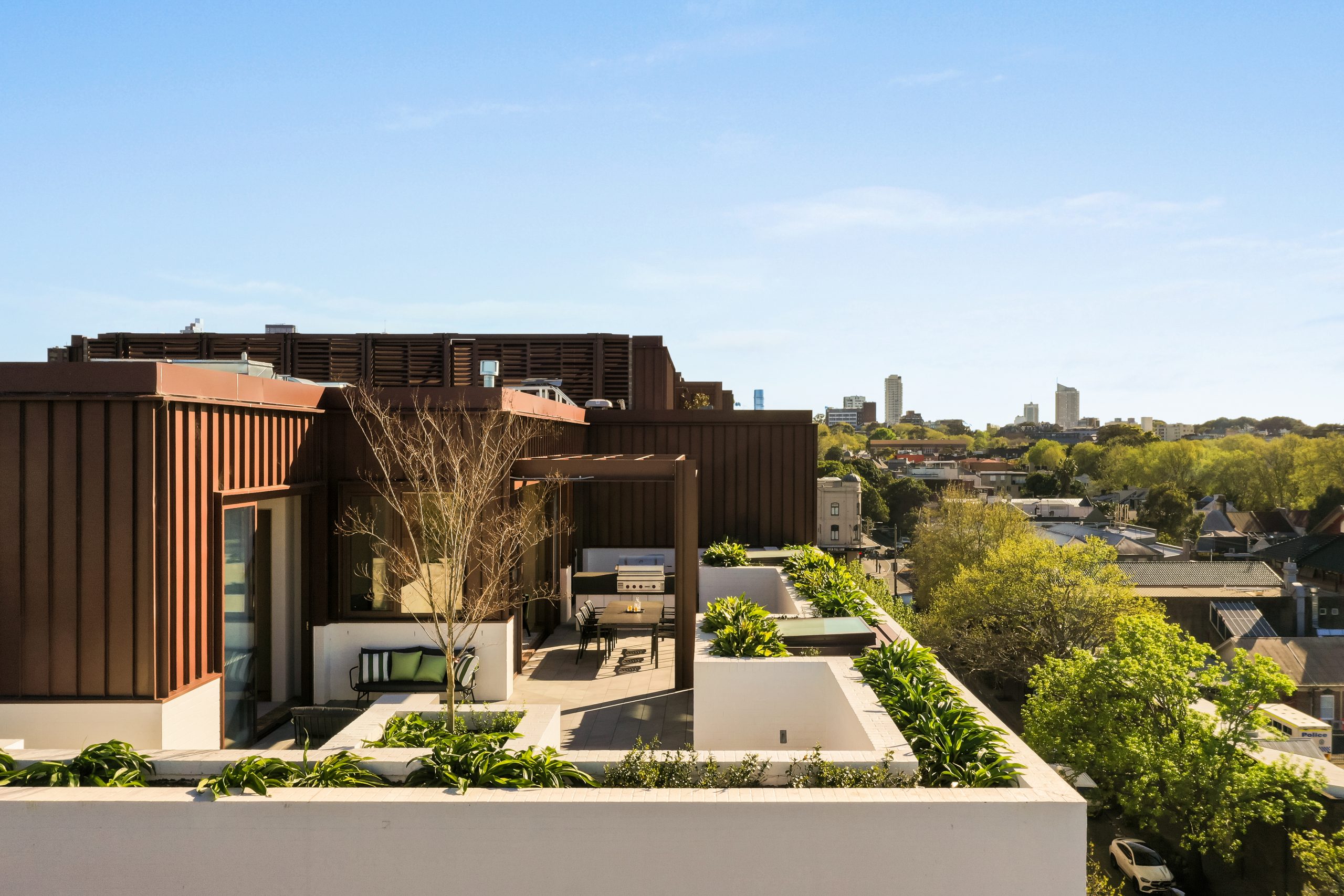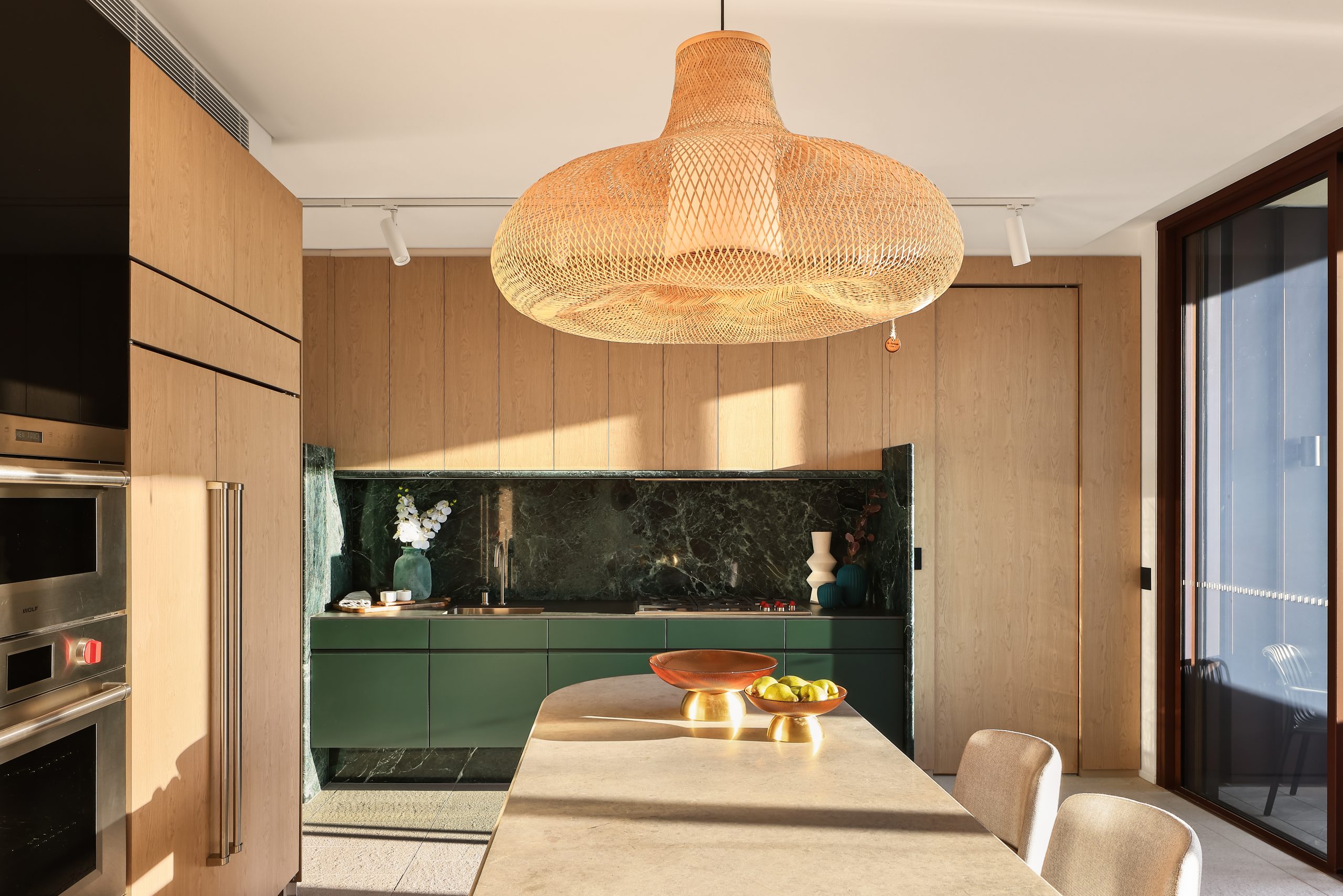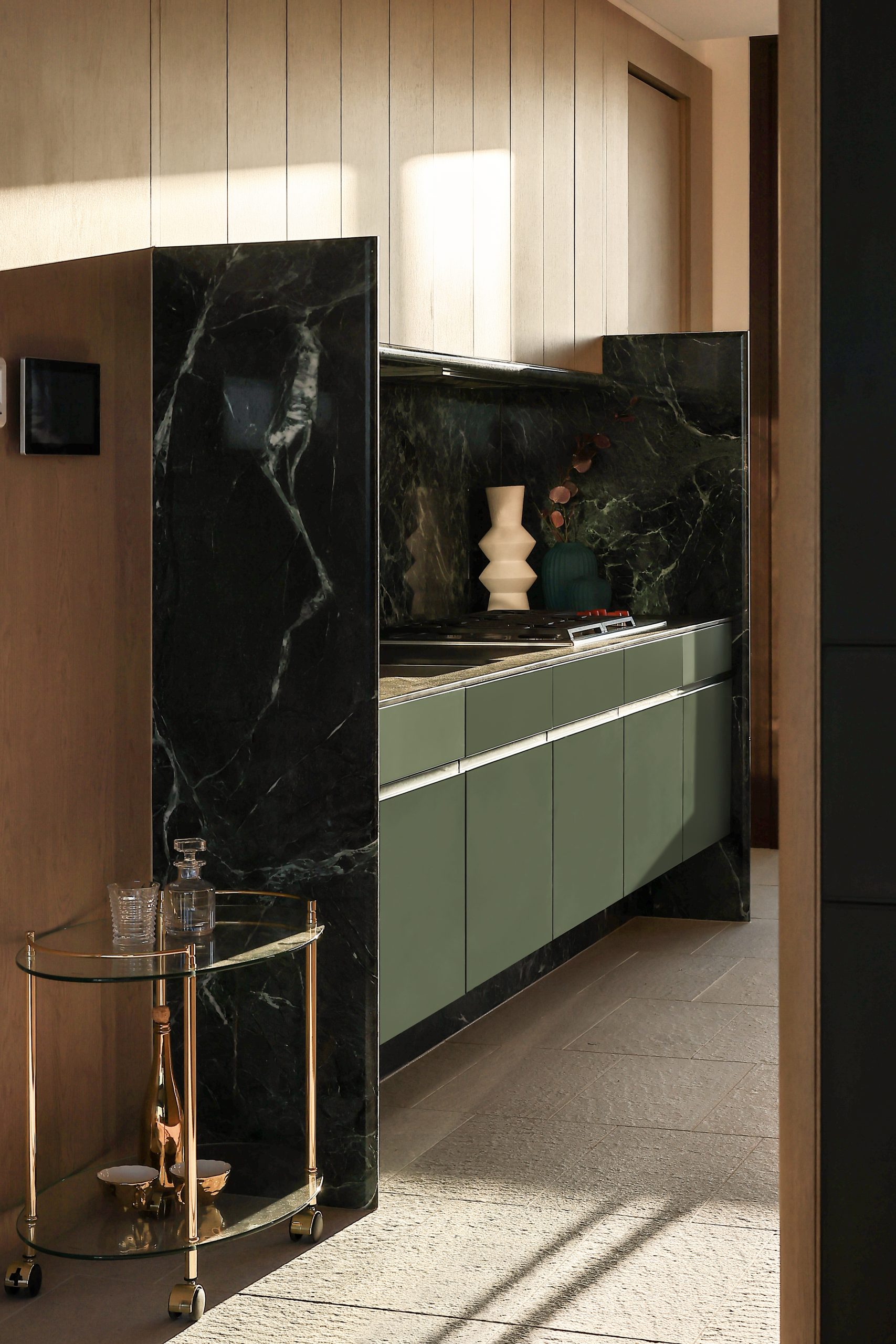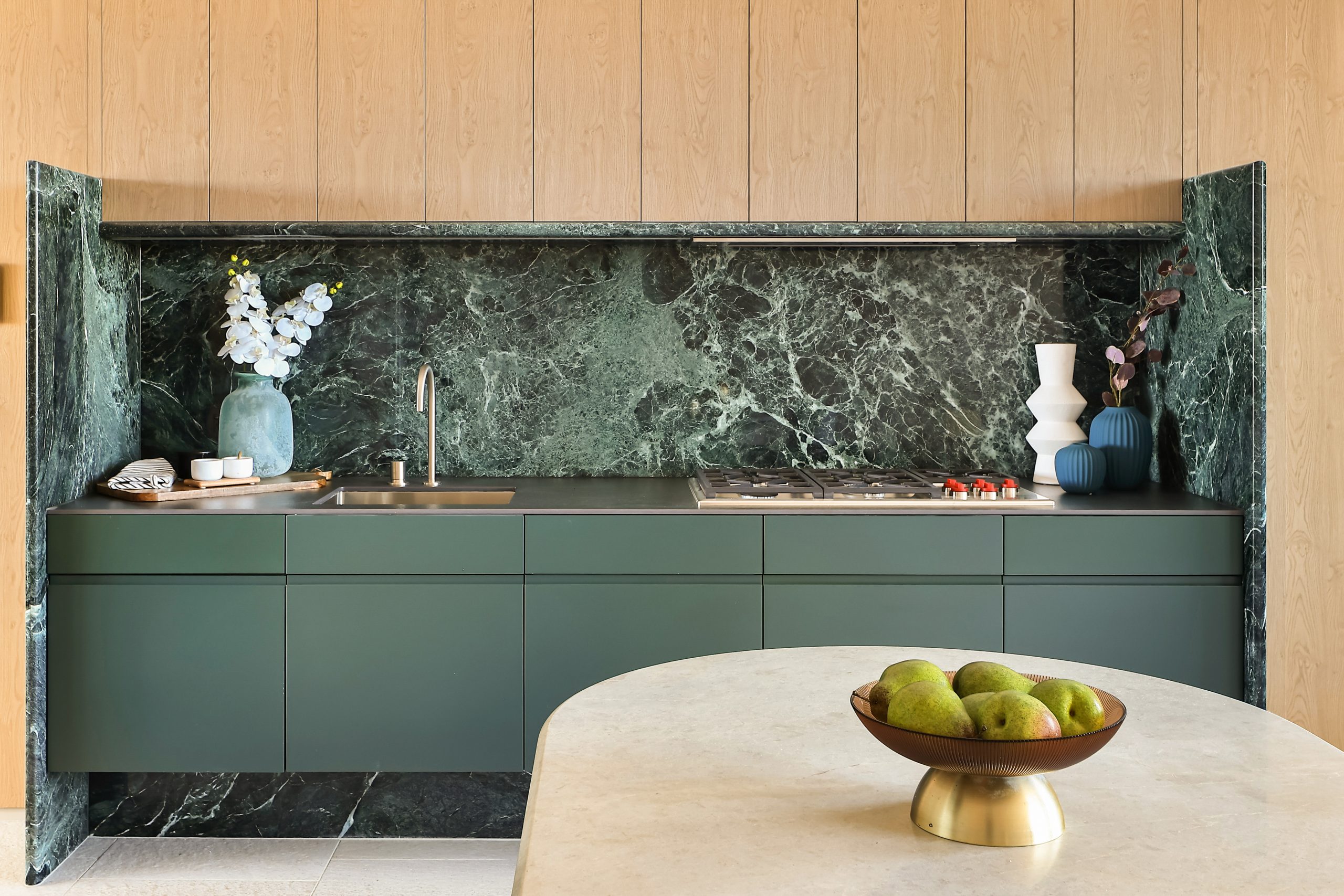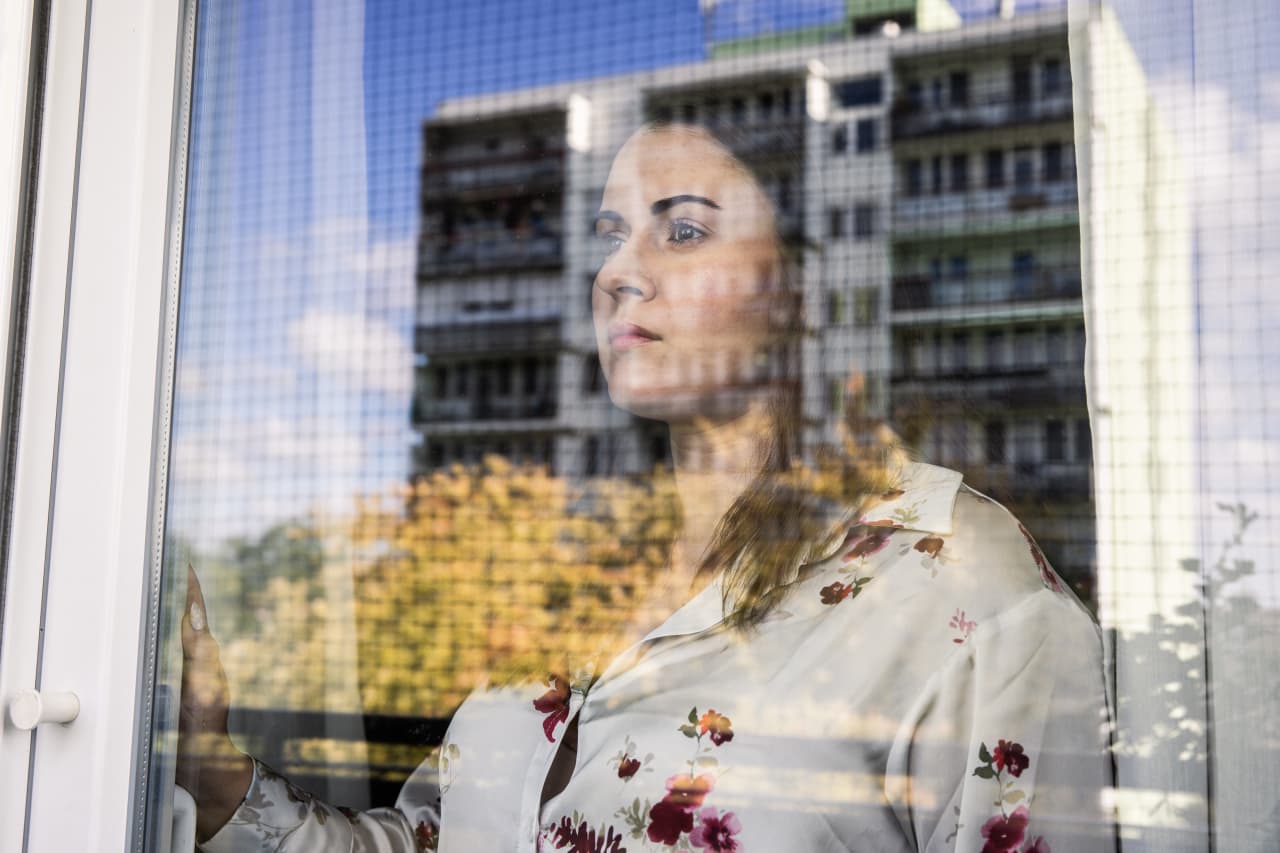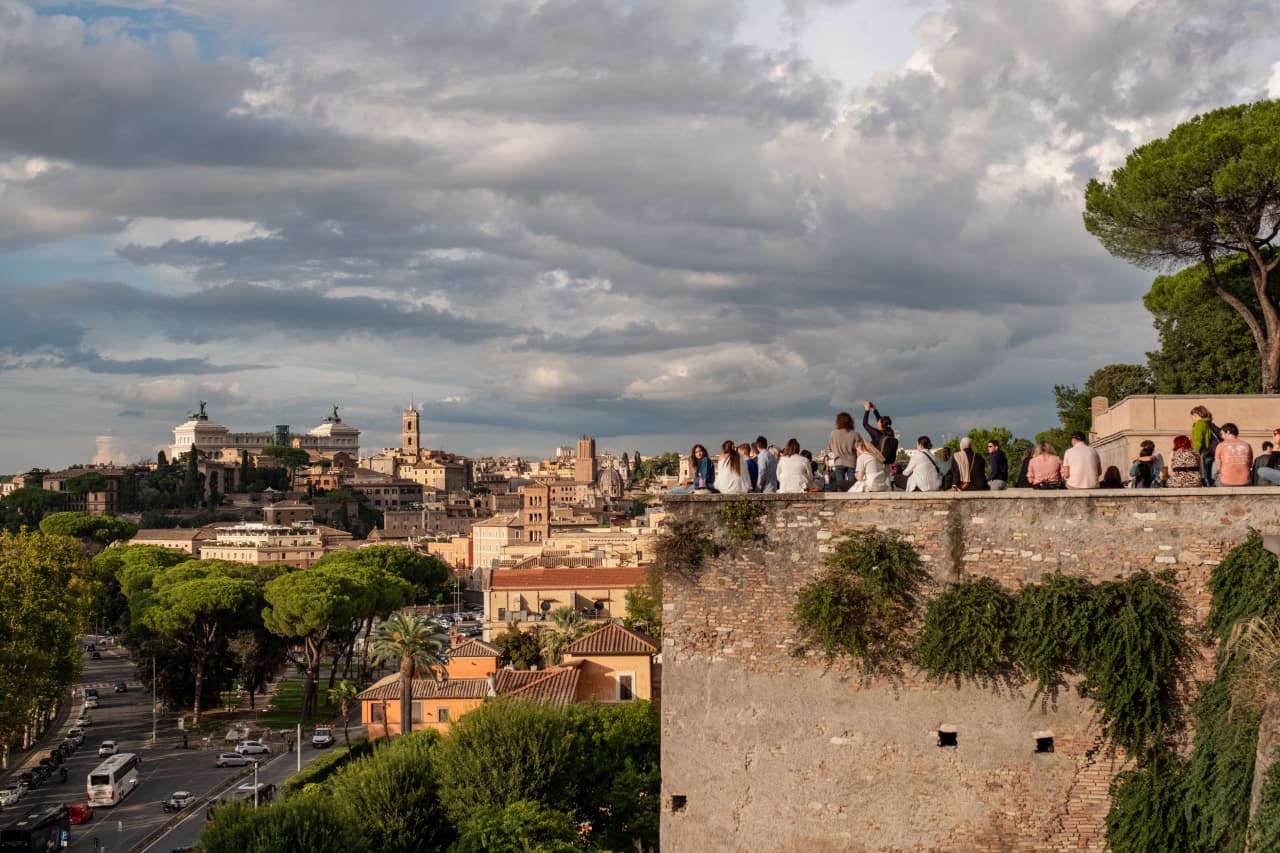The faster pathway to building wealth is no longer how much you earn, investors believe
A new survey reveals almost half Australian investors think the route to achieving their financial goals is not through wages
Almost one in two Australian investors believe what they own is more important than how hard they work and the income they earn for building wealth, according to a survey of more than 2,000 investors conducted by online trading platform Stake. This attitude reflects the fact that house prices have risen faster than wages for many years, according to Stake CEO, Jon Howie.
“In Australia, over the past 30 years, house prices have risen by an average of 8 percent per annum, compared to around 3 percent for wages, and it’s a similar story in New Zealand,” Mr Howie said.“Given the property market’s increasing barriers to entry, people are looking for other routes to building wealth. Rather than simply waiting for things to get better, they are upskilling, delaying gratification and engaging with financial markets to supplement their hard work.”
Investors cited slow wage growth as among the three biggest barriers to achieving their financial goals. Almost one in four investors expect no increase to their salary this year, or even a decrease, amid early signs that the labour market is loosening. While the overall unemployment rate remains low at 4 percent, Australian Bureau of Statistics figures released this week show there are 1.9 million people who would like to work but can’t find a job and 1.7 million workers who would like more hours.
Mr Howie said the survey results demonstrated a longer-term shift in our economy and the mindset of investors. “… the traditional blueprint to achieving financial security – namely getting a ‘good job’ and buying property – is not as accessible or reliable as it once was,” he said.
Rapidly rising house prices have made property ownership unattainable for some investors, with only 11 percent of survey respondents ranking real estate as the most accessible asset class for building wealth.
While investors are cutting back on discretionary spending to cope with today’s higher costs of living, about 75 percent are still putting some of their income into investments. The most common amount was 1 to 5 percent of their salary. Younger people have been the most active over the past six months, with 85 percent of 18 to 24-year-olds buying assets during this period. One in five investors said they intended to spend their stage three tax cut savings buying shares.
The survey revealed the five biggest motivations for Australian investors, starting with retiring and living off their investments; and supplementing their wage or salary with investment income. The next biggest motivations were funding holidays and travel, cutting back on hours and buying a home.
Australian investors have various definitions of financial success. More than 85 percent said being debt-free and owning their own home were the two most important financial achievements. Other definitions included being able to live in the neighbourhood they want (77 percent) and having the capacity to help family members (75 percent).
This stylish family home combines a classic palette and finishes with a flexible floorplan
Just 55 minutes from Sydney, make this your creative getaway located in the majestic Hawkesbury region.
A Sydney site with a questionable past is reborn as a luxe residential environment ideal for indulging in dining out
Long-term Sydney residents always had handful of not-so-glamourous nicknames for the building on the corner of Cleveland and Baptist Streets straddling Redfern and Surry Hills, but after a modern rebirth that’s all changed.
Once known as “Murder Mall” or “Methadone Mall”, the 1960s-built Surry Hills Shopping Centre was a magnet for colourful characters and questionable behaviour. Today, however, a $500 million facelift of the site — alongside a slow and steady gentrification of the two neighbouring suburbs — the prime corner property has been transformed into a luxury apartment complex Surry Hills Village by developer Toga Group.
The crowning feature of the 122-apartment project is the three-bedroom penthouse, fully completed and just released to market with a $7.5 million price guide.
Measuring 211sqm of internal space, with a 136sqm terrace complete with landscaping, the penthouse is the brand new brainchild of Surry Hills local Adam Haddow, director of architecture at award-winning firm SJB.
Victoria Judge, senior associate and co-interior design lead at SJB says Surry Hills Village sets a new residential benchmark for the southern end of Surry Hills.
“The residential offering is well-appointed, confident, luxe and bohemian. Smart enough to know what makes good living, and cool enough to hold its own amongst design-centric Surry Hills.”
Allan Vidor, managing director of Toga Group, adds that the penthouse is the quintessential jewel in the crown of Surry Hills Village.
“Bringing together a distinct design that draws on the beauty and vibrancy of Sydney; grand spaces and the finest finishes across a significant footprint, located only a stone’s throw away from the exciting cultural hub of Crown St and Surry Hills.”
Created to maximise views of the city skyline and parkland, the top floor apartment has a practical layout including a wide private lobby leading to the main living room, a sleek kitchen featuring Pietra Verde marble and a concealed butler’s pantry Sub-Zero Wolf appliances, full-height Aspen elm joinery panels hiding storage throughout, flamed Saville stone flooring, a powder room, and two car spaces with a personal EV.
All three bedrooms have large wardrobes and ensuites with bathrooms fittings such as freestanding baths, artisan penny tiles, emerald marble surfaces and brushed-nickel accents.
Additional features of the entertainer’s home include leather-bound joinery doors opening to a full wet bar with Sub-Zero wine fridge and Sub-Zero Wolf barbecue.
The Surry Hills Village precinct will open in stages until autumn next year and once complete, Wunderlich Lane will be home to a collection of 25 restaurants and bars plus wellness and boutique retail. The EVE Hotel Sydney will open later in 2024, offering guests an immersive experience in the precinct’s art, culture, and culinary offerings.
The Surry Hills Village penthouse on Baptist is now finished and ready to move into with marketing through Toga Group and inquiries to 1800 554 556.
This stylish family home combines a classic palette and finishes with a flexible floorplan
Just 55 minutes from Sydney, make this your creative getaway located in the majestic Hawkesbury region.















